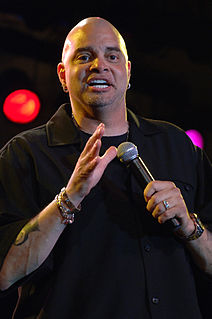A Quote by R. A. Salvatore
To view current events as a historian is to account for all perspectives, even those of your enemy
Related Quotes
emotion clouds the rational, and many perspectives guide the full reality. To view current events as a historian is to account for all perspectives, even those of your enemy. It is to know the past and to use such relevant history as a template for expectations. It is, most of all, to force reason ahead of instinct, to refuse to demonize that which you hate, and to, most of all, accept your own fallibility.
Let's say that history is what happened. The record of what happened is how each individual happens to see those events. They've already been ?ltered. When the historian or biographer takes over, history is no longer exactly what happened, because there has been a process of selection going on; it's impossible to write about anyone, any event, in any period of time, without in some way imposing, even unconsciously, your own standards, your own values.
I conduct very few interviews with veterans. The contemporaneous, or near-contemporaneous, record for WWII is so spectacularly deep that latter-day recollections are largely unnecessary for a historian. Of course, in considering any account, I'm looking for additional sources that can confirm or enlarge that version of events.
General Napoleon says that 'Never interrupt your enemy when he is making a mistake.' Well, I suggest doing the opposite: Interrupt your enemy when he is making a mistake. Don't be opportunist; don't benefit from the weakness of your enemy! Be just even to your enemy! Try to find a way to defeat him without harming him; prove to be as intelligent as to find such a way! Only then, your victory will be meaningful and honourable!

































